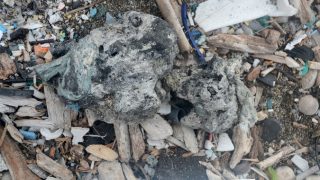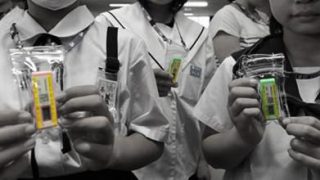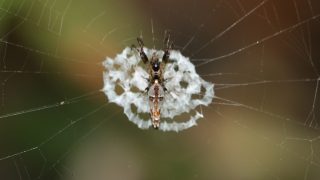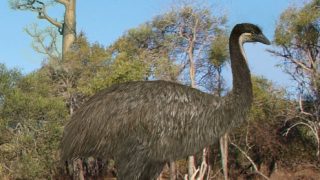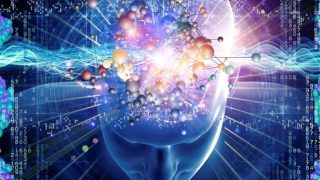
Positivism is a humanism (A manifesto) (1/3)
(1) Imagine you are watching on the TV your favourite football match, Real Madrid vs. Barcelona, and that you can choose on your remote two digital channels in which the game is being broadcast, Telemadrid and TV3 (the Catalan public station). The experience of watching the match in one or other of these two channels […]

